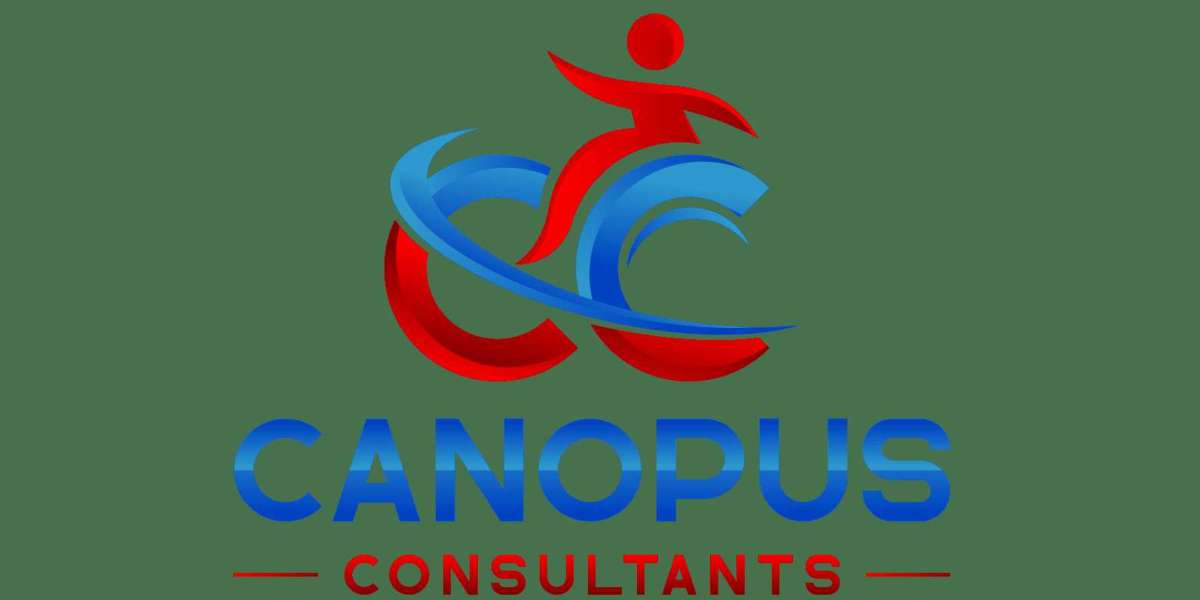NDIS and CALD Communities: Culturally Responsive Support Planning
Understanding CALD Communities and the NDIS
Culturally and Linguistically Diverse (CALD) communities make up a significant portion of Australia’s population. Within the NDIS (National Disability Insurance Scheme), ensuring fair and equal access for these communities is a critical focus. CALD participants may speak languages other than English and have cultural values or practices that influence their understanding of disability and support services. For the NDIS to be effective, culturally responsive support planning is essential. This means providers must understand diverse cultural norms and tailor support plans accordingly. Recognising CALD perspectives improves trust, access, and long-term outcomes for people with disability. Tailored support also helps break down barriers like stigma, miscommunication, and limited service awareness in CALD groups.
Barriers Faced by CALD Communities in Accessing NDIS
Many CALD participants face a range of barriers when accessing the NDIS. Language differences are a major challenge, with many people not fully understanding the information provided in English. Others may face cultural stigmas around disability, leading to underreporting or reluctance to seek help. In some cases, unfamiliarity with government systems or digital tools can also hinder access. For people from refugee or migrant backgrounds, past negative experiences with government systems may cause fear or mistrust. A culturally responsive NDIS must address these obstacles by simplifying processes, improving cultural understanding, and offering information in multiple languages.
Importance of Culturally Responsive Support Planning
Culturally responsive support planning means acknowledging and respecting each participant’s cultural background, values, and needs when designing their NDIS plan. It ensures that support coordinators and planners are not applying a one-size-fits-all approach. Instead, they work collaboratively with the participant, taking into account how cultural values influence the perception of disability and family roles. This improves engagement, empowers individuals, and leads to more effective outcomes. For CALD communities, culturally appropriate support planning strengthens their connection to services and increases their likelihood of benefiting from the scheme. It also promotes dignity, respect, and autonomy for every participant.
Role of Interpreters and Multilingual Resources
Providing access to qualified interpreters and multilingual resources is vital in bridging the communication gap for CALD participants. Many participants rely on family members to translate, but this can lead to miscommunication or missed details. Using professional interpreters ensures that participants understand their rights, choices, and the support available to them. The NDIS has a responsibility to provide translated materials and interpreter services across all touchpoints—from planning meetings to service delivery. Multilingual resources not only improve comprehension but also signal that services are inclusive and welcoming to people from all backgrounds.
Engaging CALD Communities through Outreach
One of the most effective strategies for improving NDIS access in CALD communities is active outreach. This involves working directly with community leaders, cultural groups, and local organisations to build trust and share accurate information. Community engagement should be ongoing, culturally sensitive, and based on two-way communication. Hosting culturally appropriate information sessions, translating key documents, and using community radio or social media in different languages are excellent outreach tools. By partnering with trusted cultural figures, the NDIS can ensure messages are well received and that community members feel safe accessing support.
Cultural Competency Training for NDIS Staff
NDIS planners, support coordinators, and service providers must undergo cultural competency training to understand how culture shapes a participant’s experience. Training includes understanding beliefs about disability, communication styles, family dynamics, and cultural practices. This helps staff avoid assumptions and offer more effective, respectful support. Cultural competence improves planning outcomes by building trust and rapport with participants from CALD backgrounds. When staff can recognise and respond to diverse needs, it increases equity across the scheme. Cultural training should be ongoing and adapted to reflect Australia’s growing diversity.
Building Trust with CALD Families and Carers
In many CALD communities, family plays a central role in the care and decision-making process. Support planning must reflect this reality by involving carers and family members in a respectful, culturally sensitive way. Building trust requires time, consistency, and clear communication. NDIS staff should respect cultural roles, values, and caregiving traditions while also empowering individuals to make their own choices. In some cultures, there may be a preference for family-led care or hesitancy toward outside assistance. Respecting these preferences while gently introducing available supports leads to better outcomes and long-term trust.
Co-designing Services with CALD Participants
Co-design is a powerful way to ensure NDIS services are truly inclusive. It involves working directly with CALD participants and community representatives to shape policies, programs, and service delivery. By involving people with lived experience in CALD communities, the NDIS can create support plans and resources that reflect real needs. Co-design leads to more relevant services and helps eliminate systemic bias. It also empowers participants by recognising their voice and expertise. Culturally responsive support must be shaped by those it aims to serve—not just top-down decisions.
Innovative Practices in Culturally Inclusive Support
Some providers are already leading the way with innovative approaches to culturally responsive support planning. Examples include bilingual support coordinators, culture-specific peer networks, and culturally adapted therapeutic programs. These practices respect and celebrate diversity while meeting NDIS quality standards. Technology is also being used to deliver content in multiple languages through apps or video. Cultural festivals and events can also be used to connect communities with disability support providers. These approaches prove that inclusivity can be creative, localised, and effective in delivering results.
Role of Community-Based Organisations in Support Delivery
Community-based organisations (CBOs) are essential in supporting CALD participants. They have deep local knowledge and trusted relationships, making them ideal partners for the NDIS. By funding and collaborating with CBOs, the scheme can expand its reach and effectiveness. These organisations can provide language assistance, culturally tailored services, and safe spaces for participants. Community organisations often serve as bridges between mainstream systems and multicultural communities, promoting inclusion and reducing barriers. Their involvement ensures services are not just available, but truly accessible and relevant.
Improving Policy and Governance for CALD Inclusion
Policy makers and NDIS administrators must ensure that CALD inclusion is reflected in policy and governance structures. This includes setting clear inclusion goals, collecting data on CALD participation, and monitoring progress. It also means investing in research to understand the unique needs of different cultural groups. Embedding CALD strategies in national disability frameworks leads to more consistent, system-wide change. Transparency and accountability are key. Decision-makers must listen to CALD voices and act on feedback to strengthen cultural responsiveness across the NDIS.
Future Directions for a Culturally Inclusive NDIS
The future of the NDIS must be inclusive, equitable, and tailored to Australia’s multicultural identity. This requires sustained investment in interpreter services, community outreach, staff training, and service co-design. Building trust, respecting diversity, and embracing cultural nuance are essential for meaningful support planning. As Australia’s population continues to diversify, the NDIS must adapt and evolve. Ongoing dialogue with CALD communities, combined with policy reform and grassroots engagement, will ensure the scheme works for everyone. Visit Ethnic Communities' Council of Victoria for more on multicultural advocacy and support in disability services.
FAQs
What does CALD mean in the NDIS context?
CALD stands for Culturally and Linguistically Diverse. It refers to people from non-English-speaking backgrounds or who identify with a specific culture, religion, or ethnicity.
Why is cultural responsiveness important in support planning?
Cultural responsiveness ensures that services and support plans align with a participant’s values, traditions, and communication style. It builds trust and improves outcomes.
How can the NDIS help non-English speakers?
The NDIS offers free interpreter services, translated materials, and supports providers to deliver services in a participant’s preferred language.
What role do community organisations play?
Community-based organisations support CALD participants through advocacy, translation, culturally adapted services, and acting as trusted intermediaries between participants and the NDIS.
How can providers become more culturally competent?
Through ongoing training, community partnerships, and adopting inclusive practices that reflect the values and expectations of CALD participants.








